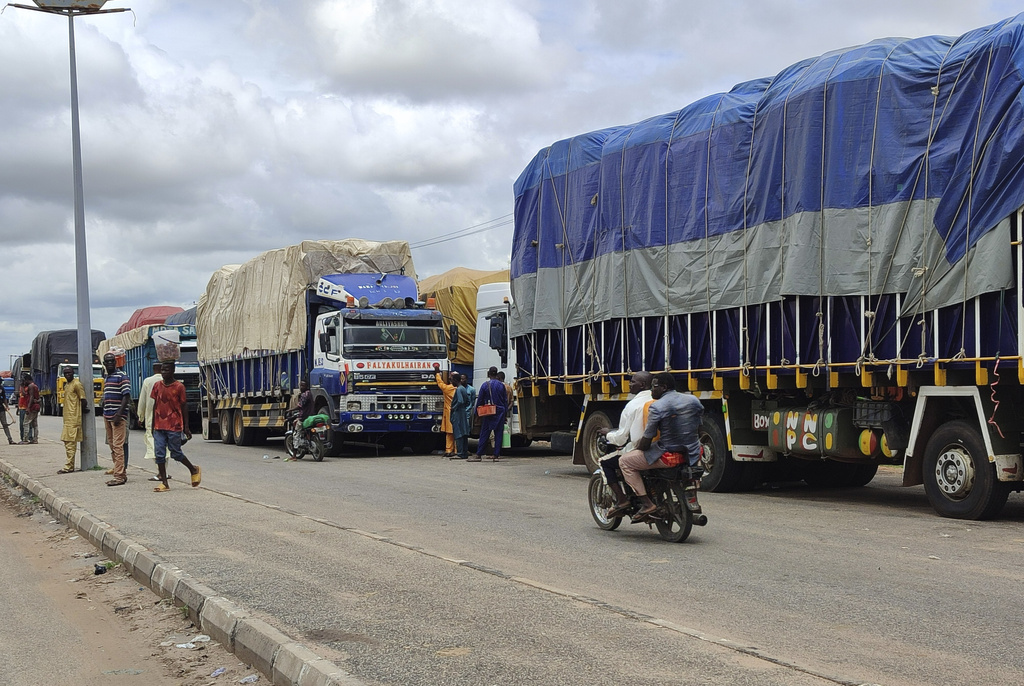If the migration barrier breaks in the Sahel region of Africa, it could be fatal for Europe, László Eduárd Máthé, the Hungarian ministerial commissioner responsible for the coordination of Hungarian foreign policy in the sub-Saharan region, told news portal Mandiner on Thursday.
“It is important that we tackle the problem where it is and not allow ourselves to be caught up in an endless African migration. The Hungarian government was among the first in Europe to recognize this,” the diplomat said.
“The Hungarian government has constantly stressed that the Sahel is the external security line of defense of the European continent. If this is abolished, tens of millions more African migrants could flow toward Europe. This is why Hungary will pay special attention to the countries of the Sahel region during its EU Presidency in 2024,” he added.
Máthé said that traditionally, the Sahel, which is the geographical belt south of the Sahara, comprises five countries: Mauritania, Mali, Burkina Faso, Niger, and Chad, which represent more than 90 million inhabitants.
“The region is characterized by the presence of both nomadic and settled peoples and is home to a wide range of ethnicities. These differences are certainly a source of ongoing tension,” he explained.
According to the commissioner, it is also important to know that the region is extremely poor, despite the natural resources present.
“In the past, this was the reason why the population was sparse until the 20th century when a huge demographic turnaround took place. Chad, for example, is now estimated to have a population of 25 million, whereas in the 1960s the country was home to barely 3 million people. This trend is common to all countries in the region, meaning that a huge population explosion is taking place,” he added.
“At the same time, these countries are also extremely vulnerable to climate change, and all of them rely on imports for basic commodities such as food. With ever-increasing populations, this problem is worsening, leading to further migration pressures,” he said.
This is what the Hungarian government recognized when it decided to help the region. As an example, Máthé said that a few weeks ago a government delegation visited Chad to assess the possible consequences of the refugee crisis that is currently unfolding on the Chad-Sudan border. The humanitarian consequences of the escalating civil war in Sudan could have very serious repercussions on the security of Hungary and the whole of the European continent.
“The Hungarian government has recognized that the fate of my neighbor’s neighbor is very important, i.e. the problems affecting the European Union’s neighborhood, the North African countries, could sooner or later become problems for the European Union,” Máthé warned.






